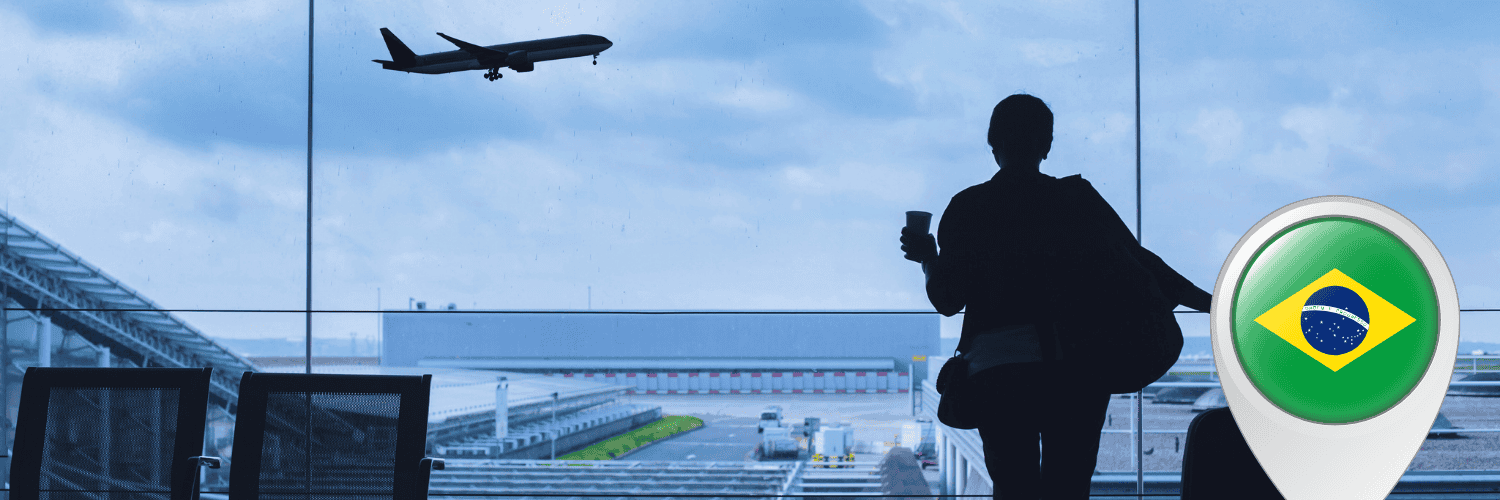What Happens If Heirs Are Located in Different Countries and Can’t Attend Brazilian Court Hearings?
Heirs often worry about travel requirements when probate proceedings unfold in Brazil. In many cases, there is no need for an in-person appearance at Brazilian court hearings. Brazilian courts traditionally rely on written submissions and official documents. Before the pandemic, judges usually waived personal attendance for heirs who live outside Brazil. Current rules still favor remote procedures. If a rare hearing is called, foreign citizens can use video conferencing tools like Google Meet or Microsoft Teams to answer questions. This approach saves time and money while ensuring access to justice for everyone involved.
Preparing and Authenticating Key Documents
The real hurdle lies in collecting, organizing, and authenticating legal documents from multiple countries. Brazilian law demands official translations for many items, including birth, marriage, and death certificates. Courts also require these documents carry the appropriate apostille if they originate from nations that are parties to the Apostille Convention. When heirs reside in the United States, for instance, documents must typically be authenticated by a competent authority before they can be presented in Brazilian court hearings.
Complexities with Local Requirements
Even basic paperwork can be time-consuming to gather. Each jurisdiction has its own rules for issuing certificates and validating signatures. Some counties in the U.S. insist on additional seals or clerk verifications. Others have fully transitioned to digital systems. Brazilian attorneys who rarely handle probate matters involving foreign citizens might not have the expertise to navigate these regional procedures. This can lead to delays and extra costs for heirs.
Hiring Attorneys with International Probate Experience
It makes sense to work with professionals who have already represented foreign heirs. They have the contacts and know the steps to validate and translate documents without unnecessary back-and-forth. An attorney who understands both Brazilian probate law and the complexities of other legal systems can streamline the entire process. This includes managing correspondence, keeping track of deadlines, and providing the courts with the correct paperwork. A well-prepared attorney also keeps heirs informed about each development, so no one is caught off-guard if a judge requests additional proof or information.
Tools for a Smoother Inheritance Process
Many law firms today use secure online platforms to share documents with clients and co-counsel. This helps heirs review and sign papers without leaving their home countries. E-signatures, where allowed, can expedite matters, though Brazilian courts remain cautious with some electronic procedures. Video calls and instant messaging have replaced many traditional phone consultations. The result is more flexible and transparent communication among attorneys, heirs, and the courts.
Helpful Resources for Foreign Heirs
We recorded two videos that cover much of this groundwork. The first video, “What documents do I need to provide for an inheritance in Brazil?” explains the basic items you should expect to gather and how to go about authenticating each one. The second video, “Do I need official translations and apostilles for U.S. documents to be used in Brazil?” clarifies common questions about formal requirements and points you in the right direction for obtaining certified translations.
Legal Strategies for Disputes and Lawsuits in Brazil
Not every inheritance goes smoothly. Conflicts over asset distribution sometimes lead to lawsuits and prolonged disputes in Brazil. When heirs live abroad, disagreements about property appraisals or beneficiary shares can trigger complex legal battles. Attorneys experienced in cross-border representation develop strategies to protect their clients’ interests. They know the proper motions to file if one heir tries to stall the proceedings or if a creditor brings unexpected claims. Having the right legal team on your side can make a huge difference in the final outcome.
Staying Calm and Well-Informed
Remote probate proceedings might seem daunting. The thought of authenticating foreign documents and dealing with Brazilian court hearings can be stressful. A qualified attorney, however, will guide you through every stage. With the right preparations, heirs do not have to appear in person unless a judge formally requires it. Most families can finalize their inheritance from abroad through written filings, virtual consultations, and carefully authenticated paperwork. This flexible system reflects how modern technology and legal practice can come together to reduce obstacles for foreign heirs in Brazil.
Watch our video here:


